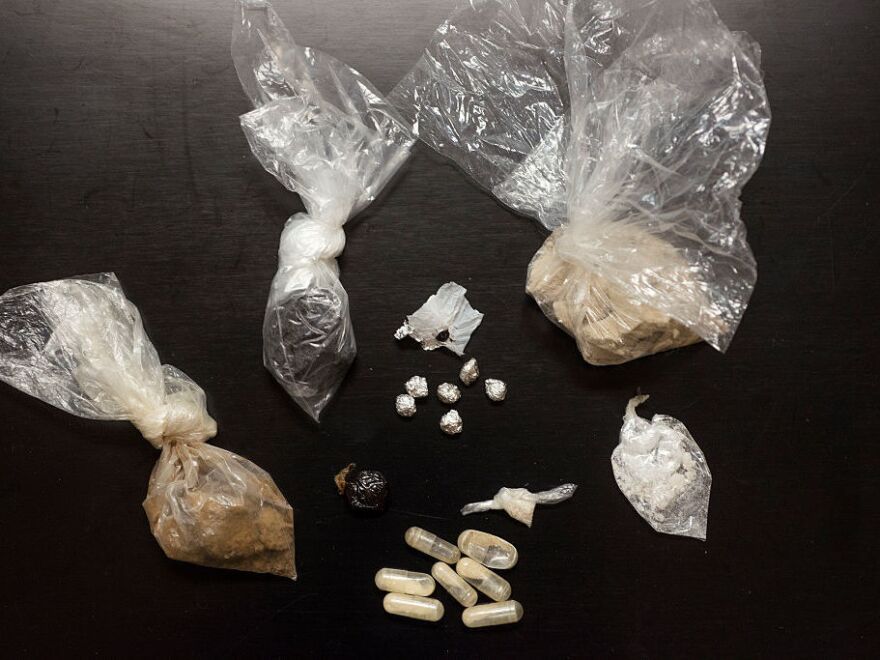There is an ominous milestone to mark in the heart of America. The Medical Examiner of Cuyahoga County, Ohio says 52 people were killed there last month because they overdosed on opioid painkillers, including heroin.
Because a few toxicology reports are still pending, the final number of deaths for September is expected to exceed 52, which would make a grim new monthly record for the county.
And the Medical Examiner has 14 suspected deaths by overdose in just the first week of October.
At least 385 people in Cuyahoga County have died this year from opioid overdoses. The medical examiner says they are on a course to see more than 500 people die from heroin and other opioid overdoses this year.
Cleveland.com has tried to document some of the human toll this epidemic of deaths has taken, and the wreckage it leaves those who live on. To read just a few is to unroll a catalog of tragedies.
Brandi Bradley of Cleveland, a 34-year-old mother of 2, received prescriptions for painkillers, depression, and sleeplessness following the birth of her first child at 16. When those ran out, she sought out street dealers, who told her heroin was just $20 while pills cost $50. She switched.
Brandi Bradley died last summer, discovered by her 18 year old son; she also leaves a 5-year-old daughter.
"It's the children left behind that are hurt the most," her sister, Karrie Bradley, told Cleveland.com.
Brett Taylor was 30. He was star quarterback of his high school team in Akron, where football is a kind of religious faith. But he suffered football injuries, did hot, heavy work in construction after high school, lost one of his sisters to drugs, and started to drink too much and do heroin.
Brett Taylor died of an overdose last year, leaving behind 3 sons who may be too young to ever remember him, and a father so broken he died of a heart attack 9 months after Brett.
And Megan Wheeler was also 30. Her friends remember her as sweet, smart, and spirited. But when she broke her jaw in a car crash in 2005, doctors prescribed opioids. When they ran out, she turned to stealing. She went to jail a few times, and treatment programs, but couldn't stay clean and sober, and also died last year.
Her mother, Nancy Krasienko, now has Megan's two children, and told us she devotes her life to them, and to telling others her daughter's story, and those of others caught in the malevolent, merciless grip of drugs.
"We have to speak their names," she said, "cause they would want us to do that."
Copyright 2021 NPR. To see more, visit https://www.npr.org.




